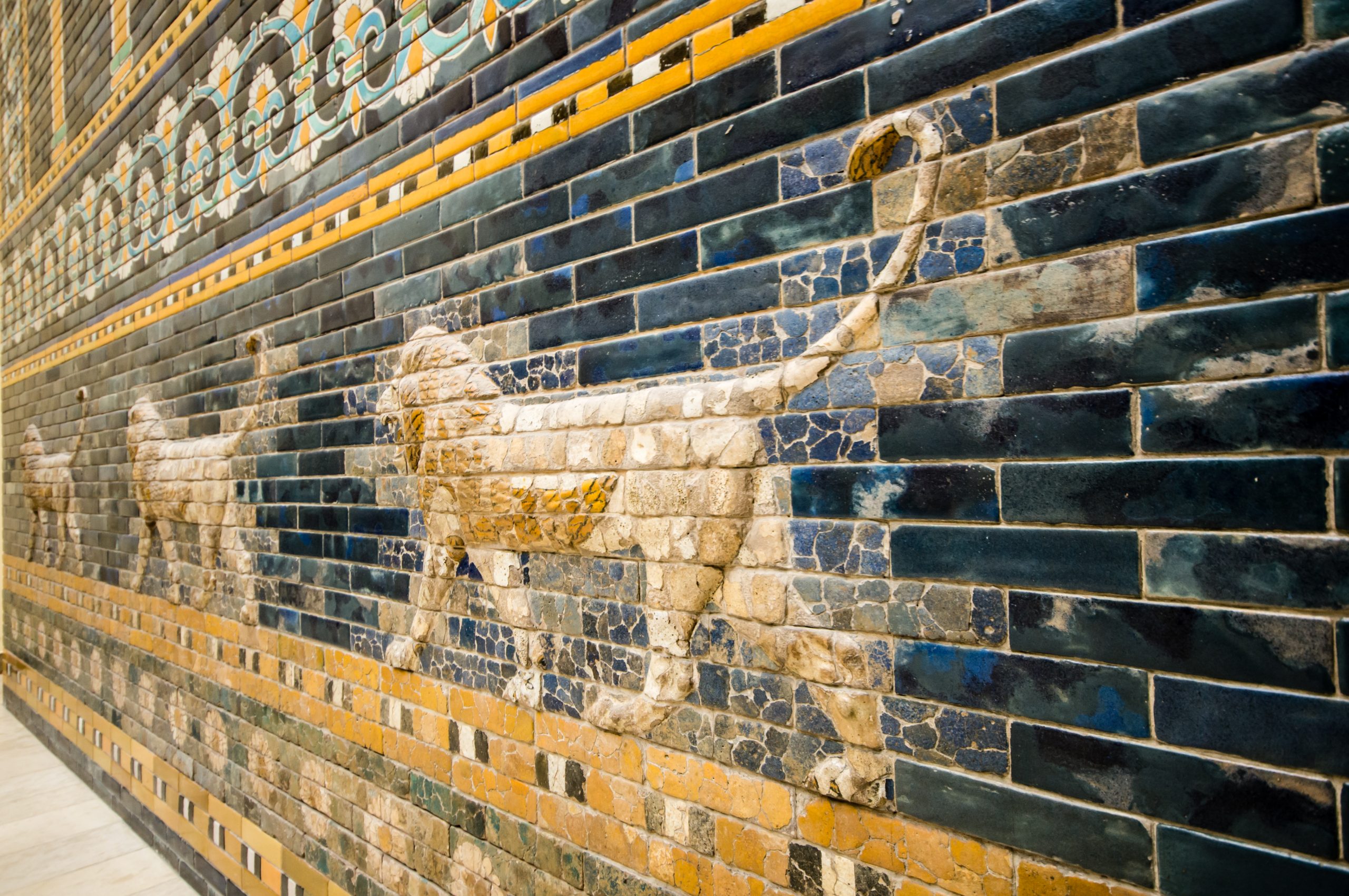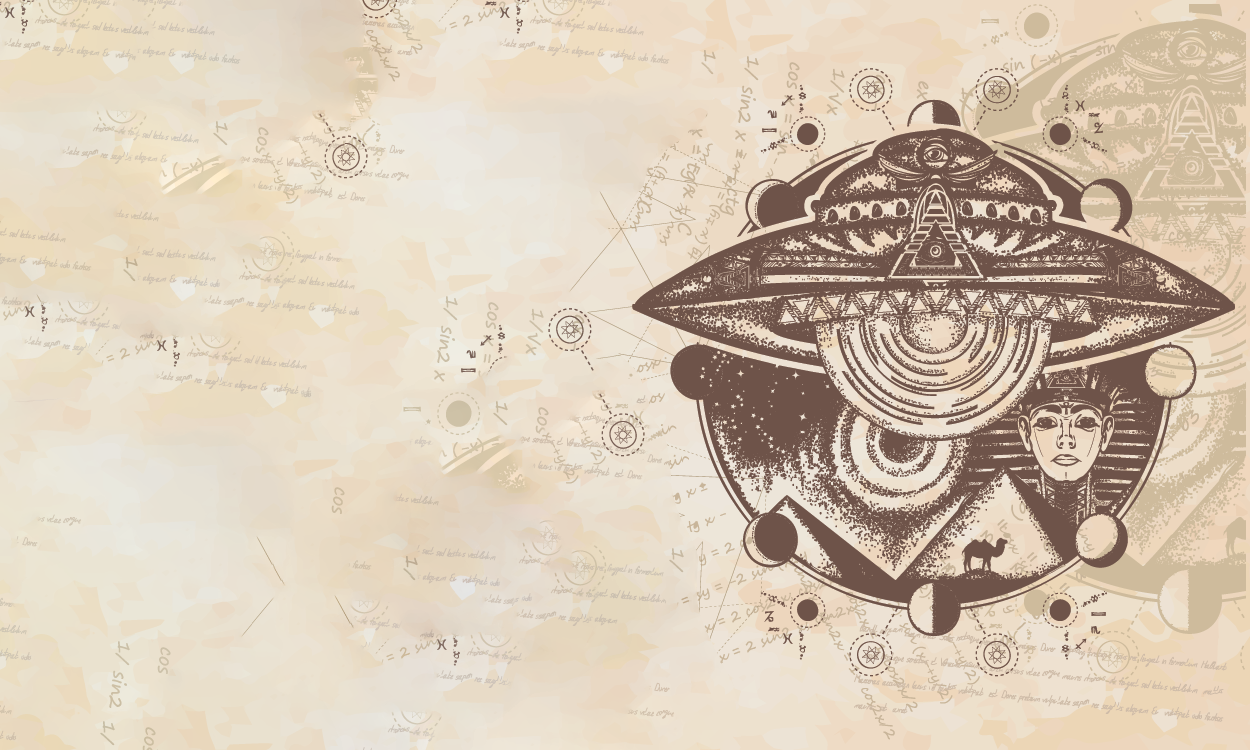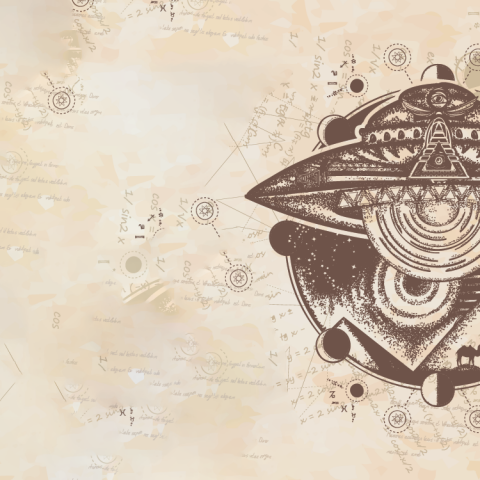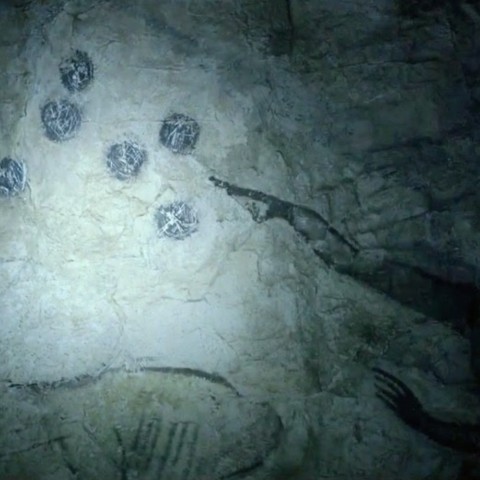Do you think that our ancestral language followed this proposed pattern in the distant past? Could this sonification have been the language our ancestors spoke thousands of years ago?
Among the largest families of languages in the world by a number of speakers is the Indo-European group. These 150 languages, spoken by nearly 3,200 million people or 45% of the world’s population, include almost every language spoken in Europe and South Asia.
How did they become so widespread? The British scholar Sir William Jones proposed a common origin during the late eighteenth century, noting similarities between Sanskrit, Latin, Greek, and Persian, four of the oldest known languages.
This hypothesis was later backed up by German linguist Franz Bopp. Bopp discovered many cognates – terms with similar etymological origins but with differences in phonetic evolution – by systematically comparing these with other languages. This common language of origin is dubbed Proto-Indo-European and researchers have evidence to suggest it was a widely spoken language for thousands of years.
Research indicates that between 4,500 BC and 2,000 BC, most of Europe and Asia had a single common language, a language known today as Proto-Indo-European. Below, you can listen to recordings of the 600-year-old language as it was reconstructed by linguists.
Despite there being no written evidence of this ancient language, linguist Andrew Byrd from Kentucky reconstructed it based only on the vocabulary experts are confident existed over 6000 years ago.
In his studies of phonology, Byrd focused on Indo-European languages. The 6000-year-old language was recorded by Byrd by editing and reciting a fable named Sheep and the Horses, as well as the story The King and God in PIE (Proto-Indo-European).
Check out what it actually means in English in the following text:
A sheep that had no wool saw horses, one of them pulling a heavy wagon, one carrying a big load, and one carrying a man quickly. The sheep said to the horses: “My heart pains me, seeing a man driving horses.” The horses said: “Listen, sheep, our hearts pain us when we see this: a man, the master, makes the wool of the sheep into a warm garment for himself. And the sheep has no wool.” Having heard this, the sheep fled into the plain.
The language:






